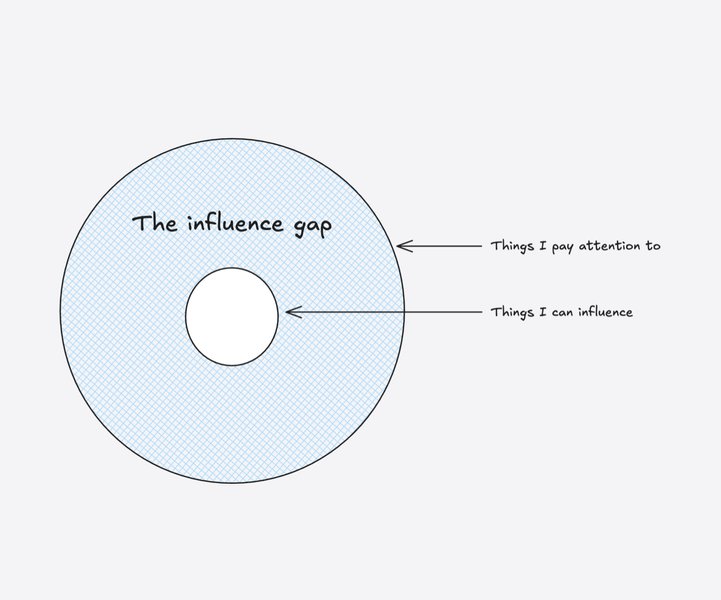information diet
The mind that isn’t fed intelligence is usually fed useless information. Your mind becomes disciplined or weaker by what you feed it every day. What you put in your mind should be congruent with your future vision if you want to turn aspirations into reality.
Peter Voogd • 6 Months to 6 Figures
Em termos de não-ficção, vale se questionar o porquê de estarmos lendo determinado livro; e saber que perguntas queremos essencialmente ver respondidas ajuda na decisão de continuar (ou não) lendo determinada bibliografia.
To return to information overload: this means treating your "to read" pile like a river (a stream that flows past you, and from which you pluck a few choice items, here and there) instead of a bucket (which demands that you empty it). After all, you presumably don't feel overwhelmed by all the unread books in the British Library – and not because... See more
Oliver Burkeman • Treat Your to-Read Pile Like a River, Not a Bucket
The real trouble, according to the leading techno-optimist Clay Shirky, wasn't information overload, but "filter failure". We needed – and we'd eventually get – more sophisticated ways to filter the wheat from the online chaff. And then we'd no longer feel overwhelmed.
Oliver Burkeman • Treat Your to-Read Pile Like a River, Not a Bucket

Critical ignoring is the ability to choose what to ignore and where to invest one’s limited attentional capacities. Critical ignoring is more than just not paying attention – it’s about practising mindful and healthy habits in the face of information overabundance.
Anastasia Kozyreva • When Critical Thinking Isn’t Enough: To Beat Information Overload, We Need to Learn ‘Critical Ignoring’
There's no point beating yourself up for failing to clear a backlog (of unread books, undone tasks, unrealized dreams) that it was always inherently unfeasible to clear in the first place. I like to think of it as the productivity technique to beat all productivity techniques: finally internalizing the implications of the fact that what's genuinely... See more
Oliver Burkeman • Treat Your to-Read Pile Like a River, Not a Bucket
People often hope that search-mode reading will inspire them to new thoughts, and are disappointed to find that it doesn’t. Chase-mode reading, in contrast, requires constant thinking, in order to evaluate how the current source addresses your chosen focus. This tends to make it easier to notice missing holes in the literature, where your new idea... See more
Robin Hanson • Chase Your Reading
People will pay for the convenience of not poring through internet sludge all day and having someone clarify what they need to know.”